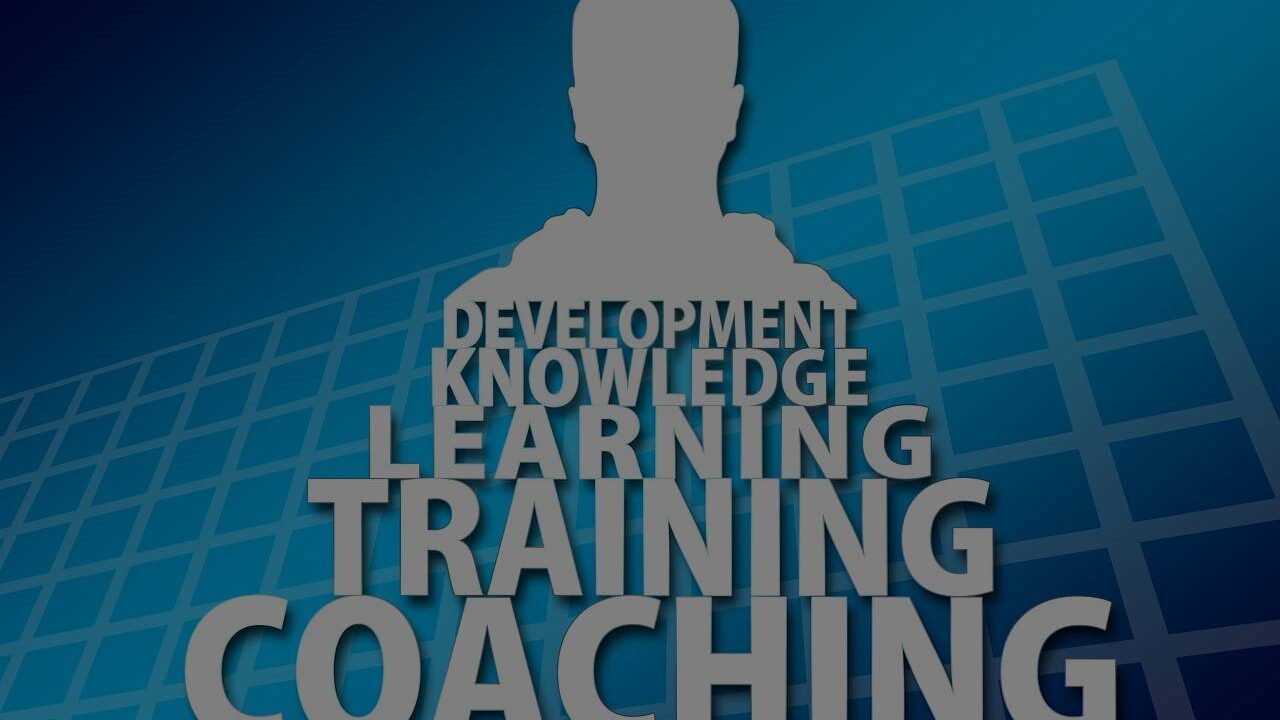
Being a teenager is tough. Between navigating school, relationships, and the pressures of social media, it’s easy to feel overwhelmed and lost. But one thing that can make all the difference in how smoothly things go for teenagers is communication. That’s right, communication – the way we talk to each other, listen to each other, and understand each other. It may not sound like the most exciting topic, but trust me, it’s crucial for teenagers to develop vital communication skills.
So, why is communication so important for teenagers? Well, for starters, it’s how we build connections with others. Whether it’s talking to your friends, parents, or teachers, being able to effectively communicate your thoughts and feelings can make all the difference in how well you’re understood and supported. Plus, strong communication skills can help teenagers navigate conflicts, make decisions, and advocate for themselves in a healthy and positive way.
But here’s the thing – communication isn’t just about talking. It’s also about listening. And let’s be honest, teenagers aren’t always known for their stellar listening skills. But the truth is, listening is just as important as speaking when it comes to effective communication. Taking the time to truly hear and understand what someone else is saying can help build trust, empathy, and stronger relationships.
So, how can teenagers develop these crucial communication skills? Well, it all starts with practice. Whether it’s having conversations with friends, participating in group projects at school, or even just talking to your family at the dinner table, the more you communicate, the better you’ll get at it. And don’t be afraid to ask for feedback or advice from trusted adults or mentors – they can offer valuable insights and help you improve your communication skills.
Another key aspect of developing vital communication skills is learning how to communicate effectively in different situations. For example, being able to adapt your communication style when talking to friends versus adults, or when communicating in a group versus one-on-one, can make a big difference in how well your message is received. And remember, communication isn’t just about words – it’s also about body language, tone of voice, and other nonverbal cues. Paying attention to these subtle signals can help you communicate more effectively and build stronger connections with others.
Now, let’s talk about the role of technology in communication for teenagers. With the rise of social media, texting, and other digital platforms, it can be easy to rely on screens to communicate instead of face-to-face interactions. While technology can be a great tool for staying connected, it’s important for teenagers to remember the value of in-person communication. So, put down your phone, look up, and have a real conversation with someone – you might be surprised at how much more meaningful it can be.
In conclusion, developing vital communication skills is essential for teenagers to navigate the challenges and opportunities of adolescence. By practicing active listening, adapting communication styles, and valuing face-to-face interactions, teenagers can build strong connections, resolve conflicts, and advocate for themselves in a positive and effective way. So, next time you find yourself in a conversation, remember the power of communication and make an effort to hone your skills – your relationships will thank you for it.
For more tips and advice on communication and other important topics for teenagers, be sure to check out vanturas.com. We’re here to help you navigate the ups and downs of adolescence and develop the skills you need to thrive. So, keep reading, keep learning, and keep growing – the best is yet to come. Vanturas – where teenagers go to find their voice.












